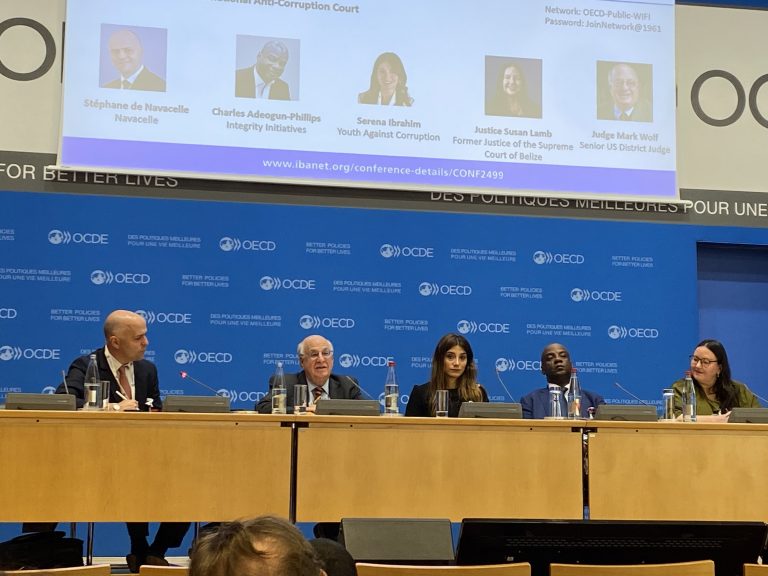In a context of increase of sponsorship and patronage operations, enabling public or private companies to support numerous causes, particularly social, sporting and scientific, the AFA published a definitive version of its practical guide in this area on 26 March 2024.[1]
This guide is not binding and does not create any legal obligation for companies.[2] However, its content must be apprehended by implementing a risk-based approach, in order to be adapted to the risk profile of each company according to its business sector, organization, geographical location and size, pursuant to the principle of proportionality on which AFA’s recommendations are based.[3]
The purpose of the guide is to describe the situations and risk factors of probity breaches that companies may face (I) and to propose preventive, detection and remediation measures that companies can put in place to address them (II).
I. The AFA’s guide describes the situations and risk factors of probity breaches that companies may face when engaging in sponsorship and patronage operations
Companies may sponsor an event, a legal or natural person, or a product by means of monetary payments or through provision of material or human resources, subject to compliance with certain legislation. These operations must, where applicable, comply with certain legal and regulatory frames and restrictions, particularly with regard to tobacco and alcohol, the advertising of health products and the promotion of certain financial services.[4]
Sponsorship and patronage operations, which allow companies to obtain a direct or indirect benefit while providing support for a project or organization of public interest, may constitute risk factors for probity breaches.[5] The guide describes the risks of probity breaches when patronage and sponsorship operations are undertaken, for example the concealment of an offence such as corruption, influence peddling, illegal interest-taking and favoritism, as well as the misappropriation of the sponsorship. By doing so, the guide highlights the criminal risk that companies may face.[6]
The AFA guide specifies that potential bribery schemes may occur when members of a beneficiary organization, often working on a voluntary basis, also hold positions in administrations or companies from which the briber would like to obtain a favorable decision.[7] For example, a supplier who offers to supply a company with raw materials at reduced prices if it agrees, in return, to sponsor a sports association of which it is a member, could be prosecuted for active and passive private corruption.[8]
The guide also describes the numerous risk factors associated with sponsorship and patronage operations. These may be linked to the beneficiaries of the operations (their geographical location, the presence of public stakeholders, the absence of means for detecting probity breaches),[9] to the operations themselves (particularly with regard to their public exposure, the competitive environment or the urgency of the operation),[10] or to their process (for example, when the decision-making procedure for a sponsorship or patronage operation is not subject to any particular process within the beneficiary).[11]
II. The AFA’s guide lists various prevention, detection and remediation measures for addressing the risks associated with sponsorship and patronage operations
On the one hand, preventive measures listed by the AFA include strengthening governance and top management role (notably by appointing a manager, setting up a dedicated committee, and establishing an internal procedure for assessing projects),[12] integrating the risk of probity breaches in sponsorship and patronage operations into the risk mapping process, as well as into the code of conduct and related policies, providing training to the staff involved in this type of operation and, lastly, evaluating the beneficiary organizations with regard to the risks of probity breaches.[13]
On the other hand, the detection and remediation measures listed by the AFA are the accessibility of the internal whistleblowing system to organizations benefiting from sponsorship and patronage, anti-corruption accounting controls, internal control and internal audit of the sponsorship and patronage system and remediation and continuous improvement through periodic reassessment of these operations’ rationale.[14]
In addition, the guide includes three supplementary appendices setting out the tax regimes for sponsorship and patronage and a list of key points for sponsorship and patronage policies and procedures.[15] In this respect, the AFA advises companies to mention, for example, the interest of the sponsorship for the company or the public-interest nature of a patronage.[16] Moreover, the AFA advises companies to mention in their sponsorship and patronage procedures the persons involved by such operations and the nature of the authorized operations.[17]











